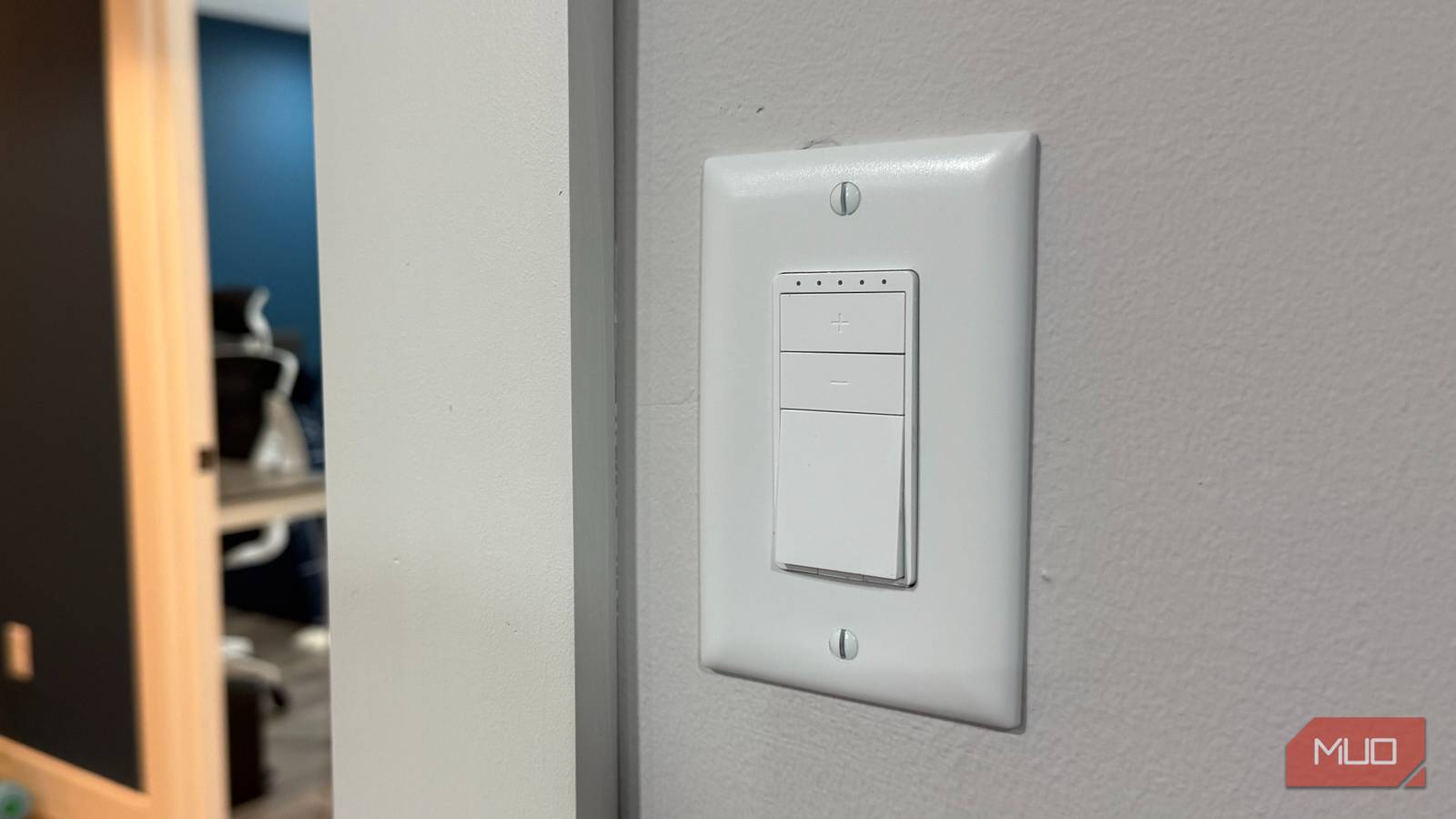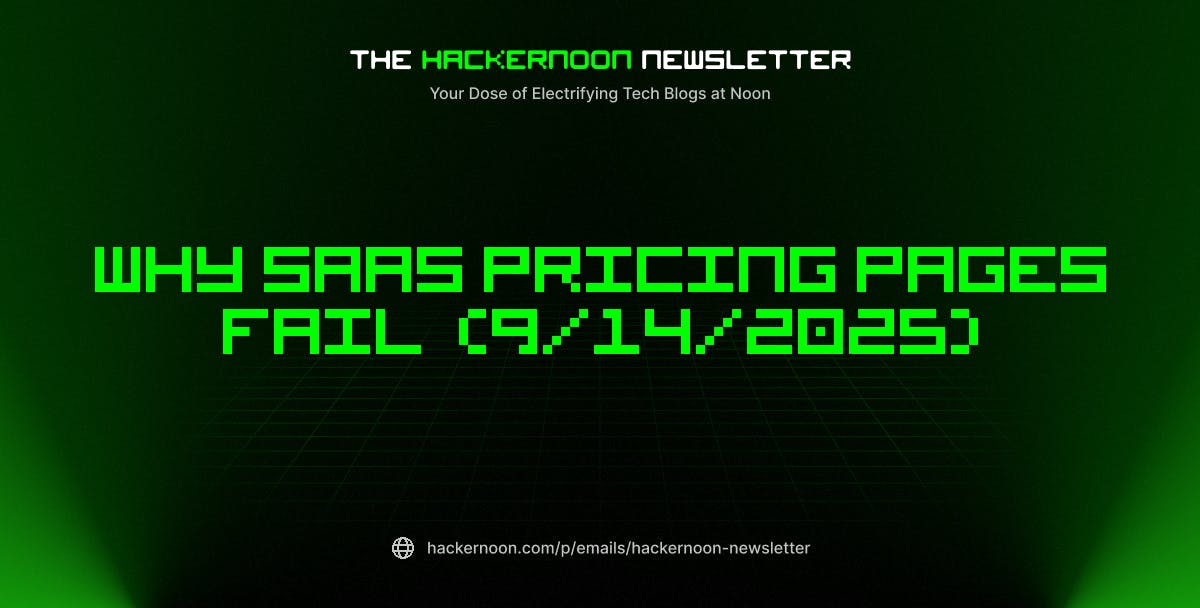The National Council for Law Reporting (Kenya Law), a semi-autonomous state corporation that provides online access to legal materials, is considering introducing a subscription tier for advanced legal research tools on its redesigned website, a shift that could partially end its decades-long policy of full open access.
In a survey, the council proposes that the move help it run “in-depth” tools for legal research targeting professionals who may need faster and more targeted searches.
The proposed premium tier includes advanced case-law search, a structured Laws of Kenya database, and Kenya Gazette archives. It may also feature a case-tracking tool to follow proceedings over time and medium neutral citation (MNC) identifiers to make referencing consistent across courts and publications. Pricing has not been disclosed.
Kenya Law did not respond to a request for comment.
Kenya Law’s database is one of the country’s most extensive public legal resources. It hosts over 293,000 cases from 1930, Kenya Gazette notices from 1989, the Kenya constitution, recent legislation, and official publications such as commission reports and bulletins. Moving some of these tools behind a subscription would not erase the records themselves, but it could limit how efficiently the public can search, cross-reference, or follow developments.
The council faces a delicate balance between sustainability and access. Legal professionals, lawyers, judges, journalists, and researchers are the most likely to pay for advanced tools. However, the site is also used by self-represented litigants, activists, students, and ordinary citizens who rely on it to understand the law without paying for a lawyer.
Some lawyers argue the proposal could breach Article 35 of Kenya’s Constitution, which gives every citizen the right to access information held by the state. While Kenya Law could argue that the core data would remain free, charging for tools that make the data usable may still raise constitutional and political questions.
“The proposal is most likely unconstitutional on grounds of discrimination and the right to a fair trial,” Mike Olukoye, a Kenyan lawyer, told . “ But let’s wait, since it’s still just a survey. Once they act, we’ll know for sure. The decision might be challenged in court if the proposal to introduce the paywall is pursued.
“The Kenya Law Reporting Council is a state agency created to increase the visibility of laws, cases, and related legal materials. As soon as they announce and follow this plan, people will go to court to challenge it. It’s unlikely to happen without a fight,” Olukoye added.
Mark your calendars! Moonshot by is back in Lagos on October 15–16! Join Africa’s top founders, creatives & tech leaders for 2 days of keynotes, mixers & future-forward ideas. Early bird tickets now 20% off—don’t snooze! moonshot..com










